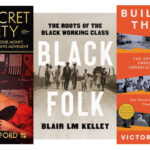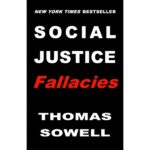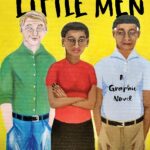
Class, Race, and the Formation of Urban Black Communities
Three rich histories give us the lived experiences of persons negotiating a racialized class system. These new narratives are instructive because Black Americans, despite class being violently raced in the United States, have had robust internal conversations within their own walls about what life as men and women, entrepreneurs, professionals, and essential workers mean in democratic conversation one to another.









